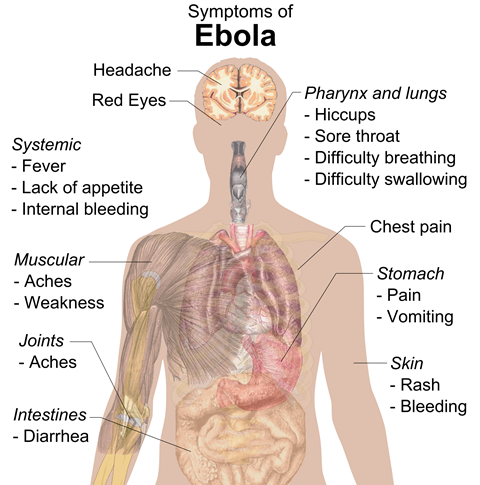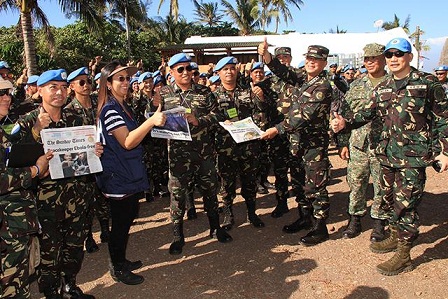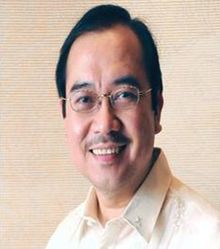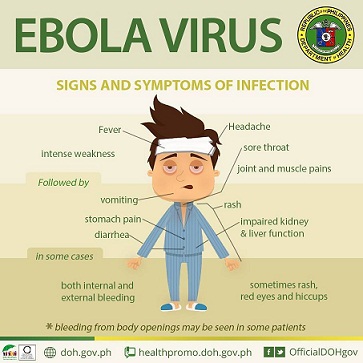Ebola is the latest epidemic to hit the modern world. This highly dreaded disease first made its mark in Africa has caused a global frenzy ever since due to the deadliness of its symptoms. Mass hysteria is growing rampant, with many people avoiding crowds, stacking up medicine for fever, and following the news regarding the disease.
While it’s good for you to keep a sharp eye out for any signs of ebola outbreak, you shouldn’t cave in to the same fear currently crippling the world senseless. Better instead to get educated with these authentic facts that would prove, once and for all, that the virus actually isn’t as dire as it seems. Here are some myths about the disease, debunked for your convenience:
Ebola is Highly Contagious
There’s no doubt that ebola is a communicable disease, but its mode of transmission actually makes it hard for people to catch the disease. It’s not airborne, for one thing, so you can stand close or even talk to an infected person and remain completely safe.
You can get the virus, though, from a patient’s body fluids and excrements. So if by some chance (a very low one, considering that the disease is difficult to transmit) you get in contact with someone with ebola, stay well away from their blood, vomit, fecal matter, urine, tears, sweat, and saliva.
Ebola Always Causes Bleeding
There have been loads of documented cases about ebola patients suffering from unexplained bleeding. However, not all patients do! In fact, it’s proven that only 18% of patients have showed such symptoms.
Ebola used to be called a hemorrhagic fever virus, but the World Health Organization has deemed it inappropriate because not all of its victims suffer the same problem.
Ebola Will Surely Kill You
With everything you’ve probably heard on TV, the papers, radio, and online, you’re probably thinking that contracting the disease automatically seals your fate. That, of course, is an exaggeration!
Although the virus’s mortality rate did shoot up to 90% recently, it’s because most of the victims live in West African countries, places that have very poor healthcare systems. And aside from the lack of facilities, people in those countries have been known to visit the hospital when the disease is already in its advanced stages.
Everyone With Ebola-Like Symptoms Need To Be Quarantined

They say you can never be too careful. In this case, however, being too careful will cause inconvenience to many people as well as waste a lot of time and resources. Say that the government did quarantine everyone showing ebola-like symptoms. What if it’s not the disease, but something else more minor like influenza? Seriously, they could take a few lessons so as to not confuse a flu patient from an ebola-infected one!
Ebola Can Be Caught From Someone Perfectly Healthy
It’s common knowledge that the virus has an incubation period (the time when a disease is still dormant) of 21 days. Considering the length of time you need to wait, it’s easy for you to assume that a person with ebola has been to a lot of places while the disease is still inactive, infecting several people along the way.
In reality, that’s not how things actually are! Ebola patients that still haven’t manifested any symptoms are not yet contagious, so you don’t have to worry about catching it from a completely random stranger.Ebola may be an awful disease to have, but you don’t have to fear catching it to the point that you can’t live your life properly anymore. Do all the necessary precautions to avoid the virus, but keep your facts straight, buddy!
Ebola may be an awful disease to have, but you don’t have to fear catching it to the point that you can’t live your life properly anymore. Do all the necessary precautions to avoid the virus, but keep your facts straight, buddy!


